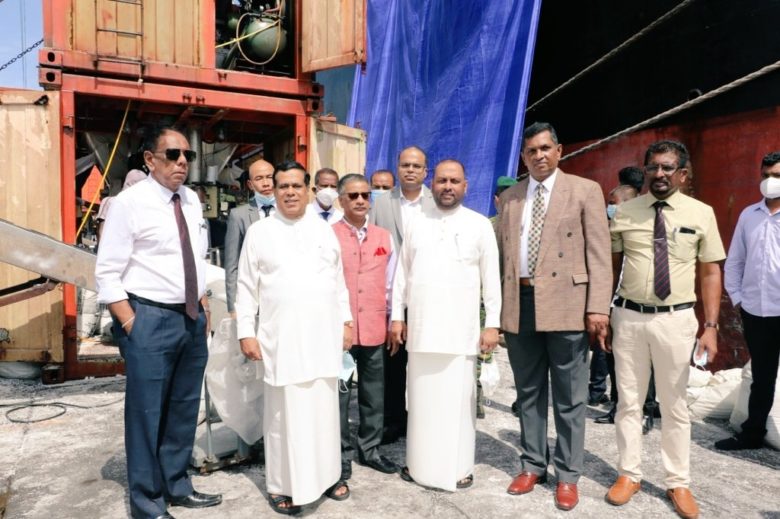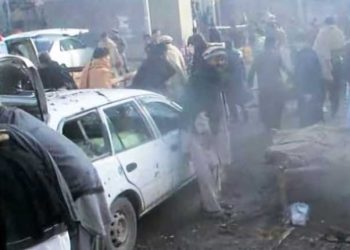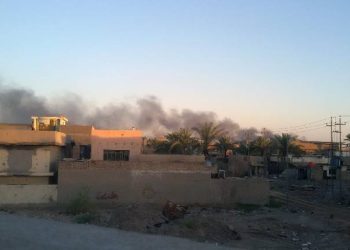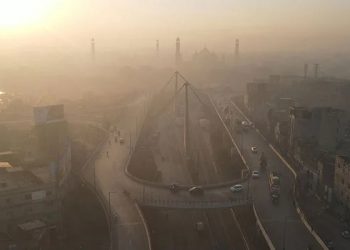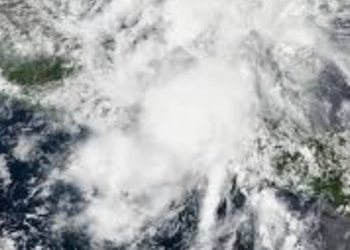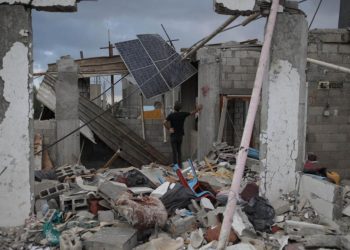Colombo: Sri Lanka on Monday received the second shipment of over 21,000 MT of fertilizer supplied under India’s financial assistance to the people of the island nation.
The consignment of urea fertilizer was officially handed over by India’s High Commissioner to Sri Lanka, Gopal Bagley.
In a series of tweets, the High Commission of India in Colombo said: “Adding to the fragrance of friendship and cooperation.
High Commissioner formally handed over 21,000 tonnes of fertilizer supplied under India’s special support to the people of Sri Lanka.
“This follows 44,000 tonnes supplied last month under Indian support totalling about $4 billion in 2022.
“The fertilizer will contribute to food security and support the farmers of Sri Lanka. It demonstrates benefits to the people from close ties with India and mutual trust and goodwill.”
When the shipment of 44,000 tonnes had arrived in July, Agriculture Minister Mahinda Amaraweera said that it would be distributed to the agricultural service centres soon.
While addressing Parliament, the Minister said that Sri Lanka was grateful to India which had helped the country that was going through a difficult time.
“The government of India had supplied the fertilizer ship to Sri Lanka, which had been ordered for use in India,” he added.
The Sri Lankan government has distributed the Indian fertilizer to paddy and maize farmers for the Yala season, one of the two seasons during which rice and vegetables are cultivated.
Experts and farmers have blamed former President Gotabaya Rajapaksa’s overnight decision to convert chemical fertilizer farming to organic in April 2021.
Although the decision was reversed, Sri Lanka with no dollar reserves, could not import fertilizer and many farmers had to give up farming leading to shortages of food specially rice supply to the country.
Public agitations with street fights against the Rajapaksas toppled the government, prompting the President to flee the country in July.
Amidst the continued economic crisis, India has so far provided financial assistance nearly $3.8 billion from January to purchase essential items including food, fuel, medicine and fertilizer.
(IANS)



